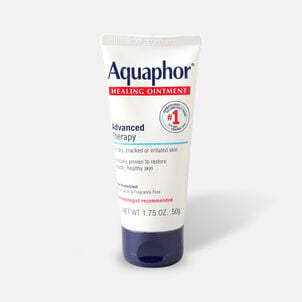Deciding whether to save or invest is a balancing act between necessity and growth potential. On one hand, you don't want to invest money you might need in the near future. On the other hand, money just sitting around in a savings account won't help you build towards the future.
The same is true for your HSA. There are arguments to be made for investing the money you contribute, and for saving it in case of unexpected medical expenses. The right choice depends on your specific situation and personality type.
If you're waffling back and forth about whether or not to invest your HSA, here are some pros and cons to help you decide.
.jpg )
Reasons to invest in your HSA...
Investing with an HSA is a great idea - if you've already contributed the limit to your IRA and 401k, and also have money to spare. Or, if you have big plans to save for future health costs in retirement.
Some HSA providers pay interest on uninvested funds, but you're unlikely to earn more than .5% interest, if that. That's where investing beats keeping your money in the default HSA account.
An HSA can be a great investment vehicle because it has the tax characteristics of both the Roth and traditional IRA. You can deduct your HSA contributions, let your earnings grow tax-free and then withdraw funds tax-free, as long as it's for qualified medical expenses. You can withdraw earnings from an HSA at any point without paying a penalty, which is also different from an IRA or 401(k).
If you have $10,000 in your HSA and invest it in funds that average 7% per year, the account will earn $700 in interest annually. That's $700 more that you can spend on qualified medical expenses.
A few reasons to reconsider...
The most obvious drawback to investing your HSA is the possibility of losing money when you need it most. HSA money that's invested in the stock market carries the same risks as investing in your 401(k) or IRA. If the economy crashes, your HSA could bottom out, leaving you with less money than you originally saved in your account. It can take years for the market to recover, which might be harder to stomach for people with recurring medical problems.
If your HSA loses money and you need to pay for a medical bill, you take a big gamble when you remove the funds from your account. Taking out money from an investment when the market is down means you're selling your assets at the worst possible time. Unfortunately, medical problems don't care if the market has dwindled your HSA.
How to decide...
Deciding on whether or not to invest your HSA comes down to your risk tolerance and your estimated medical expenses. If you're comfortable with the ebb and flow of the stock market and rarely dip into your HSA, you could consider investing. If you're on the fence, you may choose to start by investing only a small portion of your HSA.
Consumers who have frequent health problems or who aren't comfortable with risk may wish to avoid investing their HSA entirely.
Of course this is not legal or financial advice, and the only way to get a more specific answer about whether or not you should invest your HSA is to consult a financial planner, who can evaluate your situation with more nuance. They can also show you how to invest your HSA and what funds to choose.
Thanks for visiting the HSAstore.com Learning Center. For the latest info about your health and financial wellness, be sure to follow us on Facebook and Twitter.


.png)
















